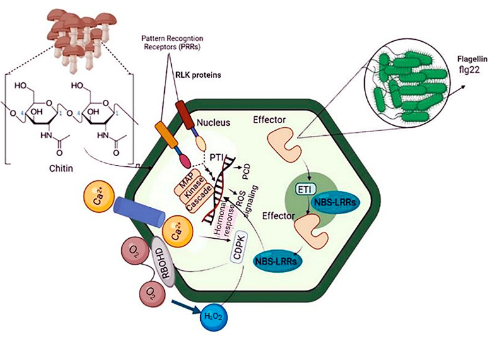Negotiation skills are a cornerstone of successful healthcare contract management, especially in today’s dynamic and competitive landscape. A deep understanding of market trends, cost factors, and effective negotiation strategies is essential for healthcare professionals to secure favorable terms and optimize financial outcomes. This comprehensive guide delves into the intricacies of negotiation in healthcare, exploring key concepts, strategies, and best practices for navigating contract discussions with payers.
The Importance of Negotiation in Healthcare
Effective negotiation in healthcare encompasses a wide array of skills and knowledge areas. It involves reaching mutually beneficial agreements on payment terms, service offerings, and operational considerations through strategic discussions and compromise. Healthcare professionals must possess a clear vision of market dynamics, cost structures, and demonstrated efficiencies to drive successful negotiations.
Sources of Negotiation Leverage
Negotiation leverage in healthcare contracts stems from various factors, including market power, hospital-payer relationships, community service needs, and the proficiency of negotiation skills. Understanding these sources of leverage is crucial for crafting effective negotiation strategies and achieving favorable outcomes in contract discussions.
Market Trends and Financial Implications
The financial landscape of healthcare is complex, with significant expenditures allocated to hospital care annually. Private health plans play a substantial role in healthcare spending, necessitating strategic negotiation approaches to manage costs effectively. Awareness of market trends, cost implications, and financial projections is fundamental to negotiating sustainable payment terms and optimizing revenue streams.
The Role of Knowledge in Negotiation
Knowledge is a cornerstone of effective negotiation in healthcare. It encompasses insights into provider-payer dynamics, cost structures, competitor analysis, and market intelligence. Utilizing data-driven insights and technical expertise empowers negotiators to make informed decisions and advocate for favorable contract terms.
Strategies for Negotiation Success
Successful negotiation in healthcare hinges on several strategic pillars:
- Knowledge Acquisition: Gathering comprehensive data on payer mix, procedure costs, competitor analysis, and market trends provides a foundation for informed negotiations.
- Attitude and Advocacy: Communicating the value and necessity of services, fostering positive relationships, and advocating for fair reimbursement are essential components of negotiation attitude.
- Authority and Influence: Leveraging organizational authority, expertise, connections, and emotional intelligence enhances negotiation effectiveness and influence.
- Objectivity and Planning: Employing benchmarking data, alternative solutions, and compelling arguments fosters objectivity and strategic planning in negotiations.
- Negotiation Skills: The culmination of knowledge, attitude, authority, and objectivity leads to honed negotiation skills, critical for navigating complex contract discussions.
Understanding Negotiation Styles
Negotiation styles play a pivotal role in contract discussions. Recognizing and adapting to different negotiation styles—accommodating, avoiding, collaborating, competing, and compromising—enhances flexibility and effectiveness in negotiations. Tailoring negotiation approaches to specific contexts and stakeholders optimizes outcomes and fosters collaborative relationships.
Proactive Negotiation Philosophy
Proactive negotiation philosophy emphasizes preparedness, data-driven decision-making, and strategic foresight. Healthcare professionals adopting a proactive approach prioritize market intelligence, financial analysis, and comprehensive planning to secure optimal payment terms, streamline operations, and mitigate risks. By proactively addressing contract terms, providers can maximize revenue opportunities and drive sustainable growth.
Recommendations for Negotiation Excellence
Achieving negotiation excellence in healthcare contracts requires a holistic approach encompassing:
- Strategic Planning: Assessing current contracts, understanding market dynamics, and strategizing negotiation scenarios.
- Market Intelligence: Leveraging benchmarking data, utilization trends, and competitive analysis to inform negotiation strategies.
- Creative Thinking: Developing innovative solutions, exploring alternative payment models, and fostering collaborative partnerships with payers.
- Execution and Follow-Up: Implementing negotiated terms effectively, monitoring contract performance, and optimizing ongoing relationships with payers.
Conclusion: Empowering Healthcare Negotiators
Mastering healthcare contract negotiation is a multifaceted endeavor that demands strategic acumen, industry expertise, and effective communication. By embracing proactive negotiation philosophies, leveraging market intelligence, and honing negotiation skills, healthcare professionals can navigate contract discussions with confidence, secure favorable terms, and drive sustainable financial performance. Continuous learning, adaptation to market dynamics, and collaborative engagement with stakeholders are key drivers of negotiation success in the ever-evolving healthcare landscape.








